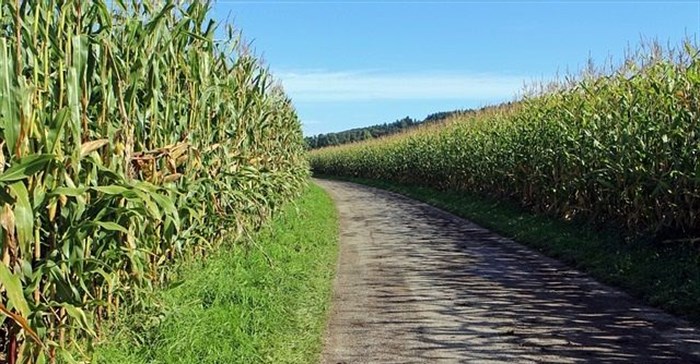The biggest threat to food security is the government's failure to successfully implement its land reform policy, says Grain SA CEO Jannie de Villiers.
Food makes up 15.48% of SA's inflation basket. White maize accounts for about 75% of the percentage for food.
You can't farm commercially without borrowing
De Villiers said on Wednesday that emerging farmers were unable to raise finance to buy implements or finance crop inputs because they lacked title to the land they were meant to cultivate as land reform beneficiaries. They, therefore, had no collateral to offer as security for loans from financial institutions.
The average commercial farmer in SA borrowed about R5m a year, he said. "You can't farm commercially without borrowing," De Villiers said.
Although the state is meant to provide finance and support to emerging farmers through its recapitalisation and development programme, land reform failure is up to 90%, according to recent estimates.
SA will have to look to smallholder farmers to remain food secure
SA is the only country in Africa that is food secure, according to Global Food Security index data released in September. After the past season in which SA produced a record maize harvest of 16.41 million tonnes, the country moved up three places from the previous season to 44 out of 113 developed and emerging economies.
To remain food secure, SA would have to increasingly look to smallholder farmers, De Villiers said. Grain SA focused most of its support on black farmers on smallholdings. Although he had earlier thought that smallholders would be unable to contribute to the national grain harvest beyond subsistence, he changed his mind after the successes his organisation had with developing emerging farmers.
SA's farmers mostly kept up with meeting the country's demand for about 11 million tonnes maize a year for its domestic needs, he said. When production dropped below this number, as it did during the severe drought, the country would have to import the shortfall. This introduced a new set of food security threats, he said, referring to the world food price crisis of 2007-08, when producer countries stopped grain exports.
We must get grain back on rail
"Even if we can source grains on the world market, we would not necessarily be able to get it to consumers. For instance, SA's harbours are not deep enough to accommodate the new generation of large vessels. So, we have to accept smaller ships that are more expensive to operate.
"Then we still have to move all that grain to the mills inland by road," said De Villiers. "If SA is to maintain its food security in times of drought or because of some crop calamity, we must get grain back on rail."
SA had to avoid "a Zimbabwe situation" of land invasion and production collapse by allowing black farmers to own and protect their land, he said.
Source: Business Day














































